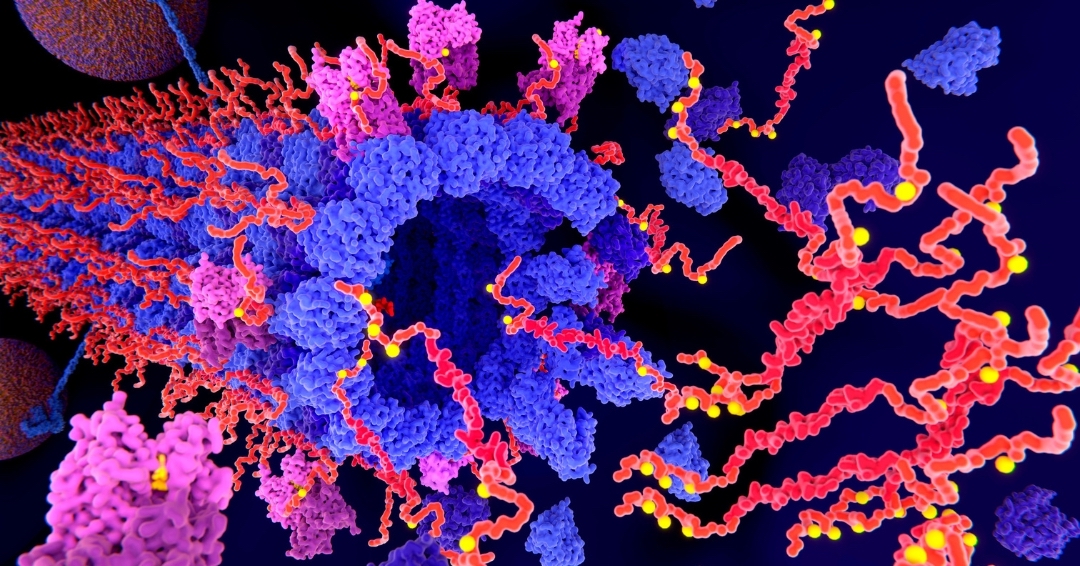
Siwei Chu, a PhD student in the Stochaj lab, Department of Physiology, is the main contributor to a research article recently published in npj Aging that describes the fundamental mechanisms related to cell senescence and aging. In collaboration with Dr. Serge Lemay, MD, Associate Professor at the Division of Experimental Medicine and a Principal Investigator at the RI-MUHC, Ossama Moujaber, PhD, a Postdoctoral Fellow at Université de Montréal, and Ursula Stochaj, PhD, Associate Professor at the Department of Physiology, the team investigated the mechanisms that promote senescence in intestinal epithelial cells.
Cellular senescence (deterioration) drives organismal aging and promotes aging-related diseases. To date, the diversity of pathways leading to cellular senescence is not fully understood. The authors have now explored the link between the microtubule cytoskeleton and senescence. In particular, they show that cellular senescence is associated with increased microtubule stability. This senescence-associated microtubule stabilization can be mediated by different mechanisms. It is achieved by (i) elevating microtubule acetylation, or (ii) increasing the abundance of the microtubule-binding protein tau.
The team also demonstrates that tau levels rise in the intestine of aging mice. This suggests a potential role for tau in intestinal aging in vivo. The study goes beyond revealing the link between microtubule stabilization and cellular senescence. Indeed, the authors demonstrate that stabilizing microtubules (for example with paclitaxel) propels cells into senescence.
Chu’s paper is of general interest, because it sheds light on the diverse mechanisms that induce cellular senescence. Moreover, the work begins to fill knowledge gaps pertinent to the protein tau. Tau has been widely studied in the context of Alzheimer’s disease. By contrast, the biology of tau outside of the brain is much less defined.
Reference: Chu, S., Moujaber, O., Lemay, S., & Stochaj, U. (2022). Multiple pathways promote microtubule stabilization in senescent intestinal epithelial cells. npj Aging 8 (1), 16.
